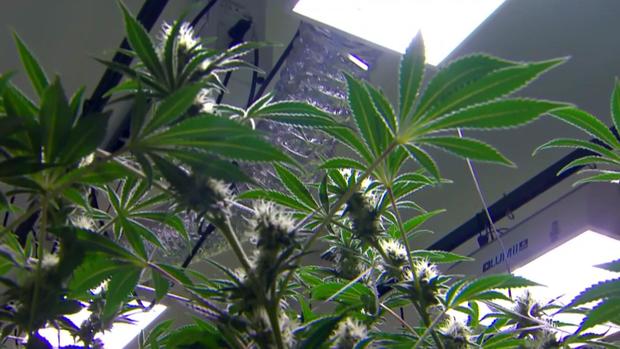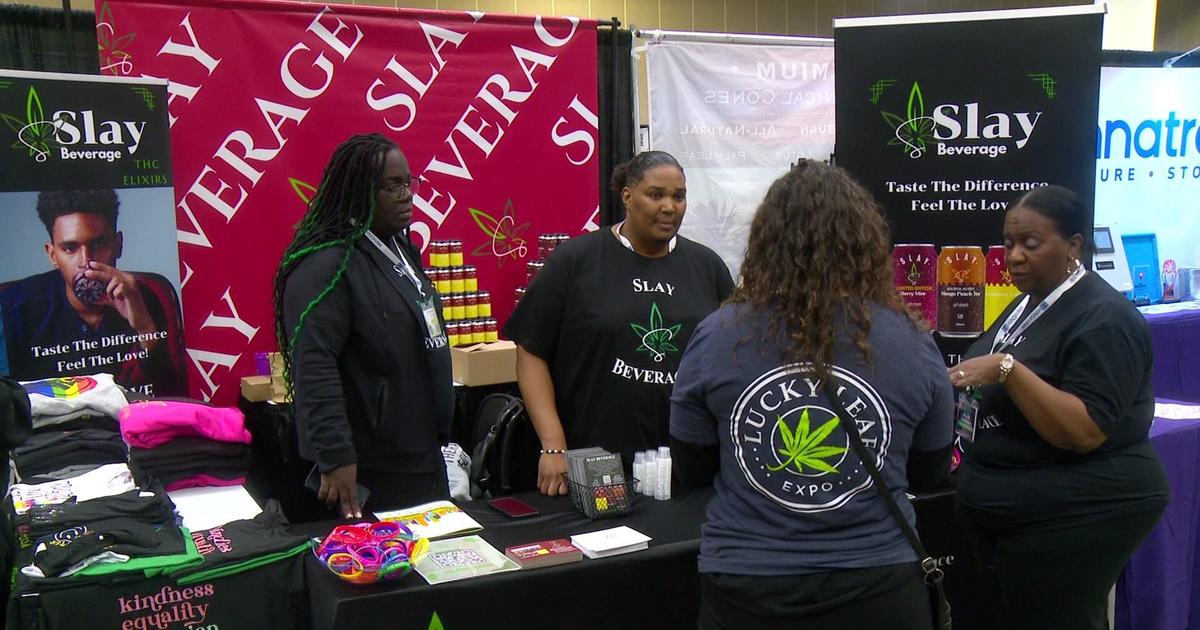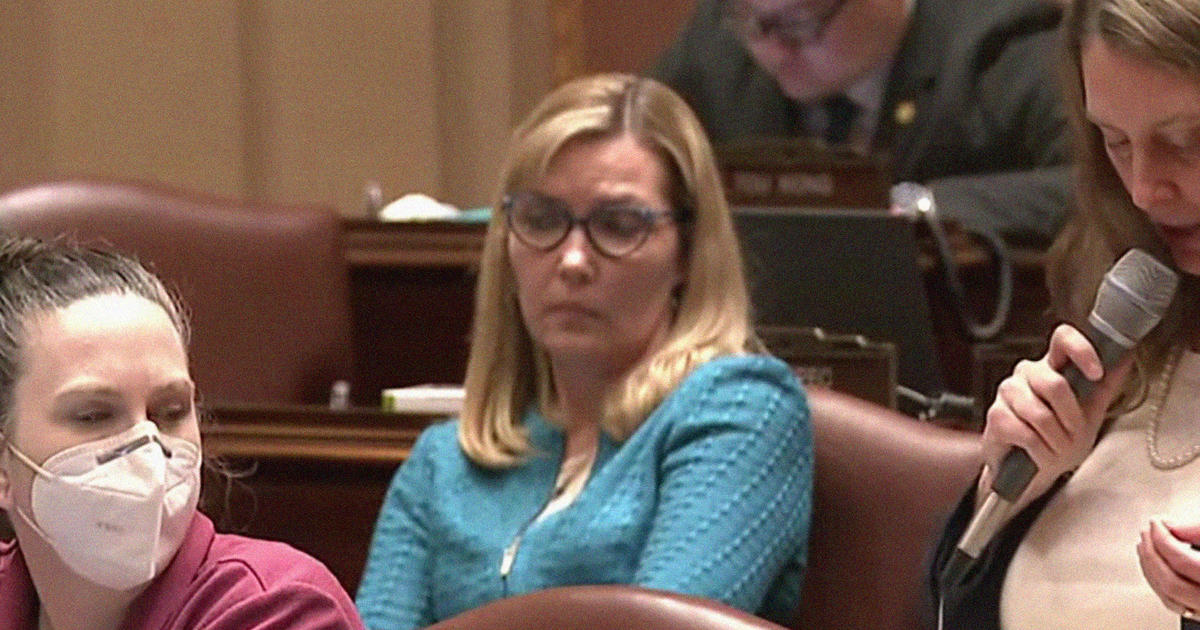Tens of thousands with criminal records eligible for expungement under Minnesota marijuana law
ST. PAUL, Minn. – Cameron Taylor was convicted of fifth-degree felony possession of marijuana more than a decade ago.
All these years later, he still feels the impact: He's faced barriers to housing and employment, and had to overcome people's perceptions of him because of that record.
"Obviously I've done a lot of positive things even since the conviction, but there's a lot of things that I still would like to do that sometimes having that felony has still been a barrier," Taylor said.
But soon Taylor could get his record cleared because of a sweeping overhaul of Minnesota's drug policy with the legalization of marijuana for recreational use. That law establishes automatic expungement of low-level cannabis crimes, impacting an estimated 66,000, according to the Bureau of Criminal Apprehension.
RELATED: Law enforcement on alert for impaired drivers as marijuana becomes legal, plan to boost drug experts
And new Cannabis Expungement Board will consider resentencing or expungement of 230,000 felonies related to sales or possession, like Taylor's.
Soon Taylor could get his record cleared, thanks to the new law legalizing marijuana in Minnesota.
"I think it will also open up more opportunities," he said. "I don't really see me trying to work for somebody else too much longer, but I definitely want to have the option if I do want to go into someone's doors, I don't have to worry about the felony being the barrier."
Starting next Tuesday, it will be legal for Minnesotans to possess up to two pounds of marijuana in their homes and two ounces on their person while out and about in public.
That same day, the expungement provisions take effect, though the BCA said it will likely be at least a year for before records are actually cleared because of technical changes to the state's system tracking that data.
Justin Terrell, executive director of the Minnesota Justice Research Center, said the legalization bill and its expungement provisions are a step towards a fairer criminal justice system.
He also praised efforts to create new opportunities in parts of Minnesota disproportionately impacted by previous cannabis prohibition laws through business and community grant programs.
"Social equity applicants" are part of the criteria state regulators must consider when issuing licenses to start new cannabis businesses. Such applications include people convicted of possession or sale crimes.
"Once there was a conversation about legalizing marijuana in our state, we wanted to make sure there was a racial equity conversation," Terrell said.
RELATED: Several Minnesota cities plan to adopt public marijuana ordinances
A report by the ACLU of Minnesota found Black Minnesotans are five times more likely to get arrested for marijuana possession than white Minnesotans. They accounted for nearly one-quarter of total marijuana arrests in 2022, according to state data.
"At the end of the day, this is a beginning of a new chapter in our state. I grew up as a Black man in the 90s and the conversation about marijuana then was very different and very sinister," he said. "Today we have an opportunity for a much more mature approach to this. People like to smoke weed. People have been incarcerated for weed. We should have processes in place that reconcile these two things."
A separate national ACLU report determined that arrests for marijuana decreased when states either fully legalized marijuana or decriminalized it, but racial disparities persist.
Taylor is ready to turn the page and hopes the board will consider expungement of his record, but he believes the changes are a small step forward.
"It is a microstep in the right direction," he said.





